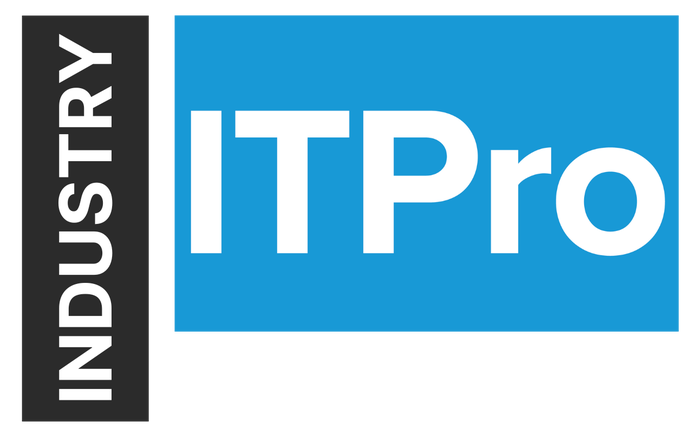
Insight and analysis on the information technology space from industry thought leaders.
The Rise of the CAIO: How AI Is Transforming the Role of the CIOThe Rise of the CAIO: How AI Is Transforming the Role of the CIO
The chief information officer role is transforming into one focused on AI-driven intelligence, paving the way for the emergence of the chief artificial intelligence officer, or "CAIO."
October 30, 2024

By Eric Johnson, PagerDuty
Having spent my career in technology, I'm no stranger to change. I not only expect it, I welcome it with the same excitement and curiosity as when I started. However, it's fair to say that the accelerated pace of change, driven primarily by generative AI (genAI), is unprecedented, causing chief information officers (CIOs) like myself and other tech leaders to plan for a future of AI-driven insights and actions that are still coming into their own.
Traditional information management no longer cuts it. Businesses need AI-driven intelligence to anticipate customer needs, optimize processes, and unlock new opportunities. A Gartner report underscores this shift, revealing that 70% of CIOs now see AI as their top tech priority.
The CIO is giving way to the chief artificial intelligence officer, or "CAIO," a role that leverages data and AI to not just maintain operations, but to drive transformative business outcomes. Companies that fail to adopt an AI-driven strategy risk being left behind, as the role of the CIO evolves to meet the needs of a future where information alone is no longer a competitive edge.
From Information Management to Intelligence
The global data creation rate is projected to reach 180 zettabytes by 2025, a sharp increase from 64.2 zettabytes in 2020, according to IDC. This deluge of data makes it difficult for CIOs to focus solely on infrastructure without addressing the need for real-time data analytics and artificial intelligence (AI). Meanwhile, the increasing sophistication of cyberthreats requires constant vigilance. According to one report, there was a cyberattack every 39 seconds in 2023.
And with all this, CIOs are still expected to be proactive and drive innovation. Managing these issues — while ensuring system uptime and operational stability — can overwhelm CIOs. That's why the business landscape is shifting away from information management toward the use of AI to derive actionable intelligence from data.
The Role of the CAIO
Companies need leadership that not only understands AI but can use it to transform business operations. According to a PwC survey, 68% of CEOs globally say that generative AI in particular will change the way their companies create, deliver, and capture value over the next three years.
The CAIO's role goes beyond managing infrastructure to embedding AI into the fabric of the business, ensuring AI initiatives align with corporate goals. Key responsibilities of the modern CAIO include:
AI Strategy and Leadership: The CAIO is responsible for developing a company-wide AI roadmap, identifying areas where AI can drive efficiencies, reduce costs, or create new revenue streams.
Data-Driven Decision-Making: By leading data science teams, the CAIO ensures that data insights are leveraged for real-time decision-making across all business units.
AI Governance and Ethics: As AI adoption grows, so does the need for governance. The CAIO oversees ethical AI use, ensuring compliance with regulations such as the EU AI Act.
Collaboration Across Departments: The CAIO works with C-suite peers to ensure that AI is integrated into all aspects of the business.
Preparing for a CAIO-Led Future
Businesses must take steps to ensure that they are equipped for AI-driven leadership. This includes:
Upskilling IT Teams: Organizations need to invest in AI, machine learning, and data science training for their IT teams to ensure they can fully leverage these technologies.
Aligning AI with Business Strategy: Successful CAIOs must ensure that AI initiatives align with broader business goals, such as cost reduction, revenue growth, and customer satisfaction.
Ethical AI Use: Establishing AI governance frameworks is essential. CAIOs must ensure AI avoids bias and complies with evolving regulations.
The evolution from CIO to CAIO reflects the broader shift in business from managing information to leveraging intelligence. As AI becomes more central to business strategies, the CAIO role will be critical in driving innovation and competitive advantage.
Change is a constant in our business — but today it's not just the change that excites me, it's the possibilities of creating something completely new. And for me, that's the most exciting part of this journey.
About the author:
Eric Johnson is the Chief Information Officer at PagerDuty, responsible for PagerDuty's critical IT infrastructure, data management, and enterprise systems. Prior to joining PagerDuty, he was the CIO at SurveyMonkey, DocuSign, and Talend. Before that, Eric spent 12 years at Informatica driving the information technology vision and strategy as the company scaled to a modern SaaS architecture. He is an active advisor and board member to several early-stage companies and a regular contributor to IT thought leadership. Eric holds a bachelor's degree in industrial management from California Polytechnic State University.
About the Author
You May Also Like








.jpg?width=700&auto=webp&quality=80&disable=upscale)
